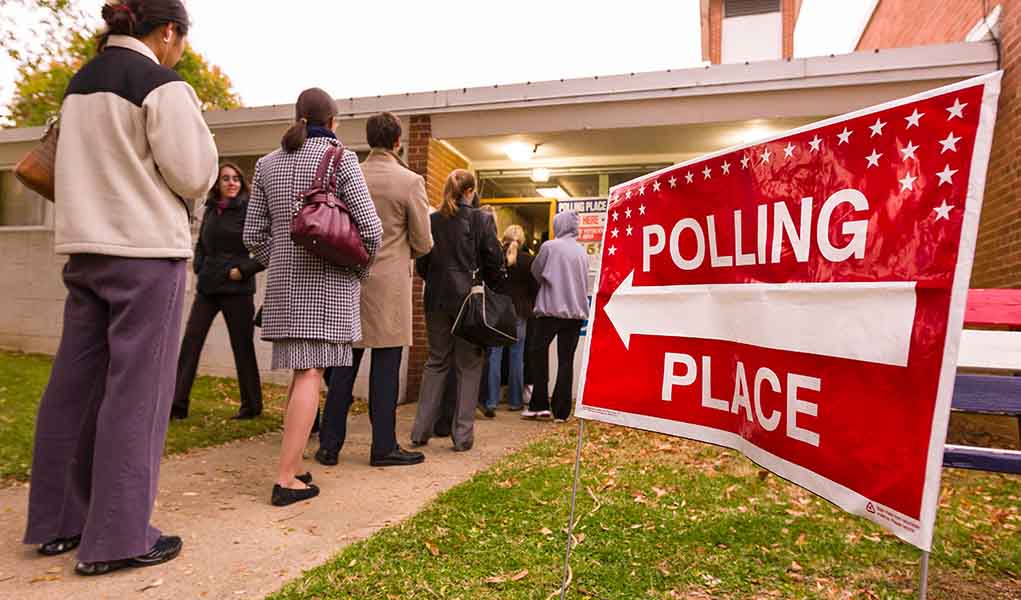
What Does Your Midterm Candidate Stand For? This Is The Best Way To Research
(NRPI.org) – It is our civic duty as citizens to elect leaders of our choice. Elections run yearly, be it the presidential elections, congressional or mayors and school board members. Voting for someone you fully understand is a plus to the community. Candidate research is done by the voter and the opponent. Voters research candidates to decide on who they will vote in. Opponents, on the other hand, research a candidate to understand their strengths and weaknesses, hence countering their campaign strategies. However, Not all sources are to be trusted to gather information. Here is a list of how you can be efficient in your candidate research.
Personal Interview
First-hand information will have zero distortion. Whenever an opportunity arises, sit down with a candidate and ask questions that can help form an opinion about them. Ask about their family background, what they stand for, career paths and their top priorities in life. Such information from their mouth is a decision determiner.
Holding Talks with Members of Your Community
Some candidates running for office could be holding offices already but seeking re-elections. Maybe you are new to the area and desire to know about the candidate and how they have impacted the community. Neighbors, friends or family can give you information about the candidates that will open your eyes to certain realities.
Find Out Who Finances Them
Campaigns are expensive, and most candidates get funding from various sources to ease their campaign costs. These financiers play a role in influencing the decisions of the candidate once he is in office. Understanding their source of funds will help you get a glimpse of the type of governance they will bring due to the influence they will get from their sources of funds.
Make Local News Your Best Friend
While we can not rely heavily on the media due to biases at times, they are also capable of bringing credible information concerning the candidates. The locals are interviewed and give information on the candidates. Recent talks or debates are streamed and the community is informed of their candidates’ standing.
Understand Their Voting Patterns
Some of the candidates have been in elective seats for a while. It is easy to know how such a candidate will govern the people by his voting pattern. Issues like how often they vote during sittings, how they have voted on specific issues that affect society, and whether they are a people of right standing can trigger a realization of who they are, hence affecting the candidate’s popularity.
Make Use of Social Media
Employers have increasingly used social media to get a glimpse of the employee they are about to hire. Elections should not be any different. Candidates will post their thoughts and what they value on social media. Be observant of their patterns and tone on social media. I bet you will decipher a character or two of your preferred candidate.
Go Through Non-Partisan Sources of Information
There are several platforms like GovTrack.com, Pew Research Center, Ontheissues.org, USA.gov, Vote411.org, vote smart and Ballotpedia, where candidate information is published. These platforms are free from bias and have answers to issues like the state constitution and candidates’ backgrounds. Some sources have more information compared to others. It is advisable to diversify.
Candidate Websites
The website may not be the best place since it displays the best of a candidate. Websites are effective when you compare competitors’ websites and comprehend what each of their values is. The information you gather will influence your choice hence choosing the best according to your judgment.
Elections are a part of our lives. We have to approach them with caution. This is because, if we make errors by electing the wrong leaders, the community will suffer the consequences of bad governance. The power is in your hands. Do the due diligence.
Copyright 2022, NRPI.org














